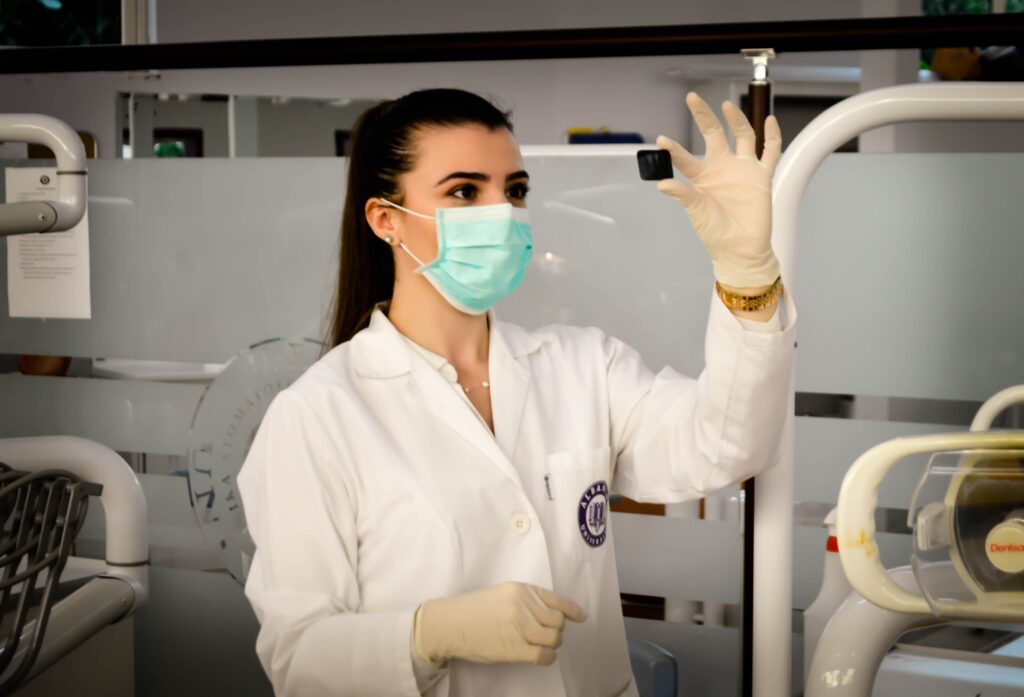

Welcome to our comprehensive guide on studying medicine abroad. Pursuing a medical education in a foreign country can open doors to a world of opportunities, advanced learning, and global experiences. Here, we provide you with all the information you need to make an informed decision about your journey into the field of medicine.
Studying medicine abroad offers numerous advantages, including:
Gain exposure to a variety of medical approaches and techniques from around the world.
Access state-of-the-art facilities and innovative medical technologies.
Build a global network of peers and mentors in the medical field.
Immerse yourself in new cultures and develop a well-rounded perspective on healthcare.
Learn from renowned educators and institutions with a history of excellence.
Explore some of the most sought-after destinations for medical education:
To kick-start your medical journey, you'll need to fulfill these general admission requirements:
A strong foundation in biology, chemistry, physics, and mathematics.
Depending on the country, you may need to take exams such as the MCAT, UKCAT, or GAMSAT.
Most programs require proof of English proficiency through tests like IELTS or TOEFL.
Obtain strong letters of recommendation from teachers, mentors, or professionals.
Craft a compelling personal statement highlighting your passion for medicine and your suitability for the program.
Explore scholarships, grants, and financial aid options available to international medical students. Some institutions offer scholarships based on academic merit, while others consider financial need.
Medical programs typically consist of pre-clinical and clinical years. Pre-clinical years focus on foundational sciences, while clinical years involve hands-on training in hospitals and clinics. Electives and research opportunities allow you to tailor your education.


Ensure that the medical program you choose is accredited by relevant medical boards. After completing your degree, you'll need to meet licensing requirements to practice medicine in your chosen country.
Read stories from international medical students who have pursued their dreams abroad. Discover their challenges, triumphs, and insights into studying medicine in a foreign land.
Studying medicine abroad offers exposure to diverse practices, advanced technology, global networking, and a rich cultural experience, providing a well-rounded education.
Explore quality medical education in sought-after destinations like the United States, United Kingdom, Australia, Canada, and Germany known for renowned institutions and diverse experiences.
To begin your medical journey, meet prerequisites in biology, chemistry, physics, and mathematics. Take standardized tests like MCAT, UKCAT, or GAMSAT, prove English proficiency with IELTS or TOEFL, and secure compelling letters of recommendation.
Yes, institutions offer scholarships based on merit or financial need. Explore these opportunities to support your medical education and ease the financial burden.
Medical programs generally involve pre-clinical and clinical years. Pre-clinical years focus on foundational sciences, while clinical years provide hands-on training. Tailor your education with electives and research opportunities.